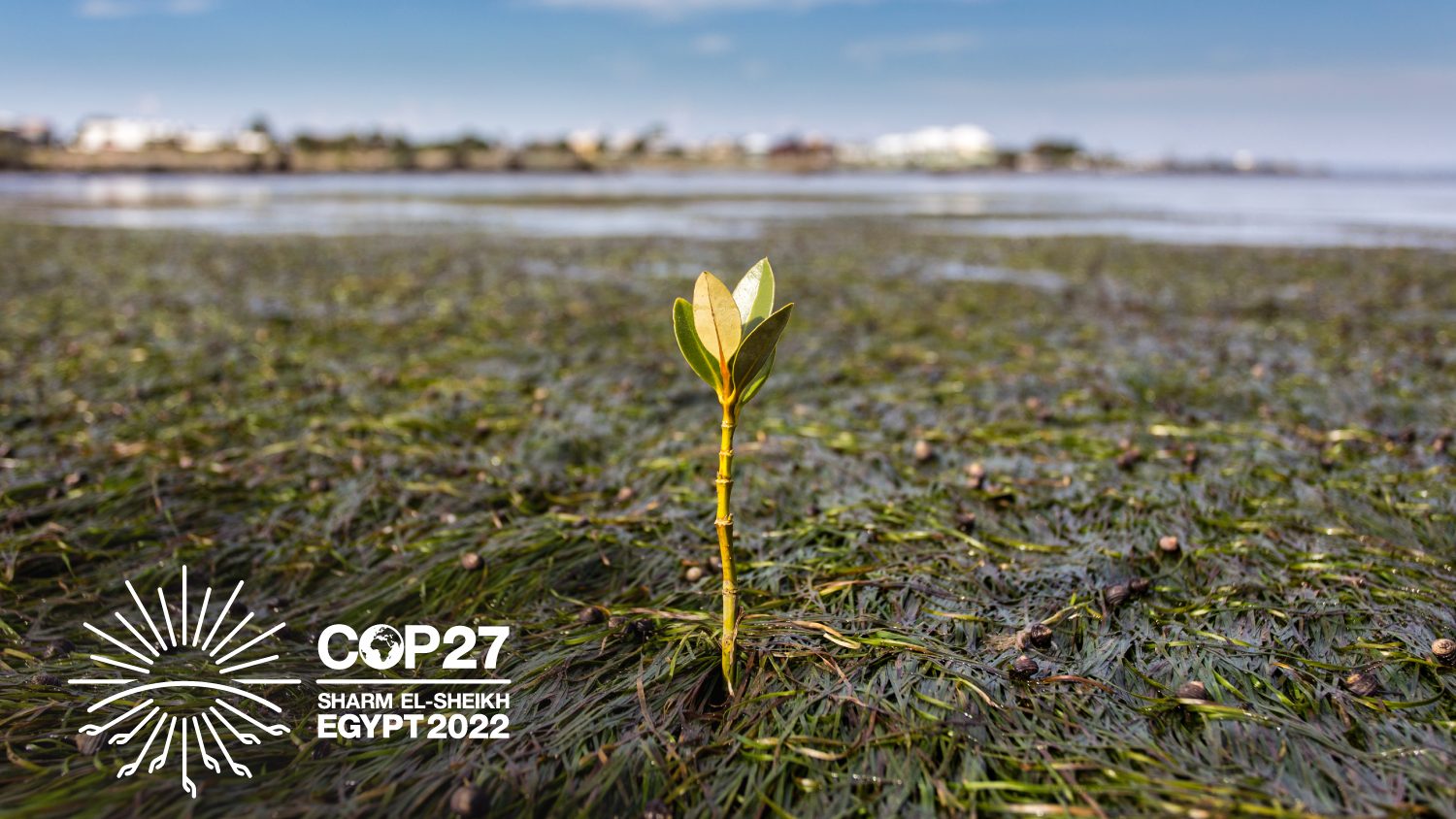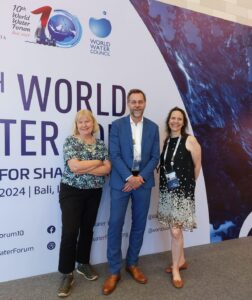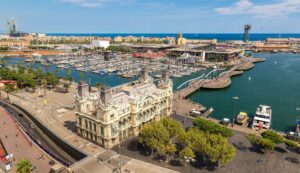- SIWI – Leading expert in water governance
- /
- Latest
- /
- What are we getting wrong about blue carbon?
What are we getting wrong about blue carbon?

As the climate crisis deepens, COP27 should accelerate ambition and action to decrease our carbon dioxide emissions. The ocean plays a critical role in this as it absorbs around 25% of carbon released to the atmosphere. Additionally, marine ecosystems are crucial because they are some of the most efficient carbon sinks on the planet on a per area basis. It is estimated that blue carbon ecosystems sequester two to four times more carbon than terrestrial forests.
By blue carbon ecosystems we usually refer to three main types of coastal ecosystems: mangroves, tidal and salt marshes, and seagrasses, but we can also include other open ocean environs. These ecosystems store carbon within plants but also in the sediments below. They also provide many more important services such as habitats for marine species, food security, livelihoods (fishing, tourism, etc), water quality, and climate change adaptation.
We are not doing enough to protect and restore blue carbon ecosystems
It is estimated that blue carbon ecosystems are being destroyed at four times the rate of tropical forests.
The main causes of degradation are
- pollution
- development of urban and industrial areas along the coast and upstream
- pressures from agriculture and aquaculture
- over-exploitation of marine resources
We cannot underscore enough the role that upstream activities play in the health of the ocean: ranging from dams starving wetlands from sediments and water to pollution from plastics, wastewater, and industrial effluents. Climate change only aggravates this issue. We estimate that up to 3% of coastal wetlands are lost per year due to climate change.
Like forests, as blue carbon ecosystems are being damaged, they can switch from being carbon sinks to becoming carbon emitters, releasing the carbon they have stored through time. They can then become important sources of greenhouse gas emissions thus contributing to climate change.
Including blue carbon in regulation
We need to step up the protection and restoration of blue carbon ecosystems. To do so, the health of blue carbon ecosystems must be considered in regulations, plans and policies at the international, national, and subnational levels.
For example, including blue carbon activities in NDCs (Nationally Determined Contributions) and NAPs (National Adaptation Plans) can translate into a more integrated management of land, coastal and marine areas that address the drivers of ecosystem loss and promote conservation and restoration.
Additionally, we need more research. We need to better understand the carbon sequestration potential of other blue ecosystems (macroalgae, mudflats, phytoplankton, marine fauna, etc). We can then find better ways to protect and restore them in their local context.
A source-to-sea approach is urgently needed
Water connects land, freshwater, coastal and marine ecosystems through the water cycle. Activities along the water cycle can positively and negatively affect ecosystem processes and actors, upstream and downstream. The cycle must be considered in its entirety to achieve the greatest system-wide benefit.
Source-to-sea management emphasizes these connections. Through its cross sectoral and inclusive approach, source-to-sea management prevents unintended negative consequences while securing benefits for the entire source-to-sea system.
It is only by including source-to-sea perspectives in climate plans and strategies at subnational, national, and global levels that we can safeguard blue carbon activities while highlighting their co-benefits.
Follow SIWI to COP27
To share new knowledge about water and climate, SIWI will be taking active part in the global climate conference COP27 between 6 and 18 November. Join our programme online to learn about a promising new generation of climate solutions.
SIWI at COPMost recent

Taking root: locally driven forest landscape restoration
- Water in landscapes
- Wetlands
- Groundwater
- Resilience through water

Reflections from World Water Forum
- Water governance

Groundwater: How to better protect this hidden treasure?
- Groundwater
- Water in landscapes

SIWI Amman hosts Ghana representatives for WASH exposure visit in Jordan
- Water, Sanitation and Hygiene (WASH)
- Wastewater
- Water governance

SIWI Amman and UNICEF host Libya representatives for WASH exposure visit

Water and land: Partners in climate mitigation

What is the role of water in rural and urban school facilities?

